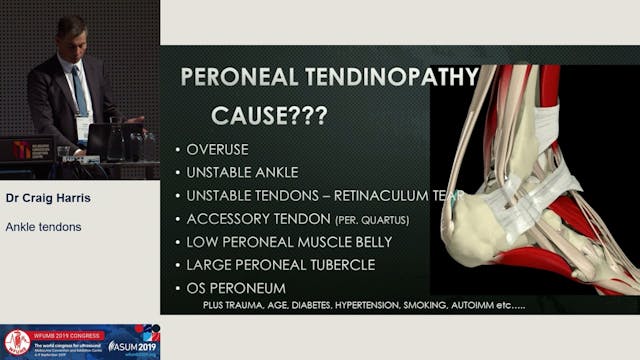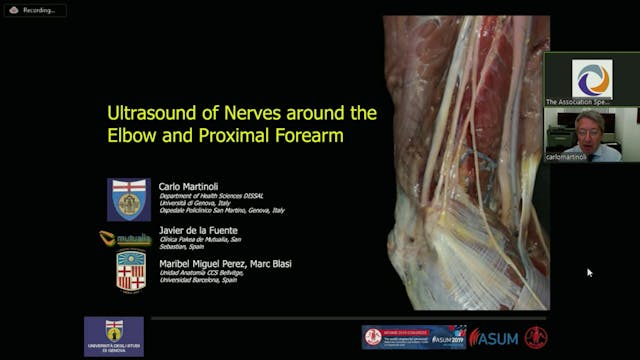Adhesive capsulitis of the shoulder
MSK
•
10m
Adhesive capsulitis is the primary cause of loss of movement of the shoulder, other causes being trauma, rotator cuff dysfunction and arthritis. It consists of a restriction in the range of both passive and active movements of the shoulder; Has a prevalence of 2-5% of the population and is more common in diabetic patients (11-20%). Primary adhesive capsulitis is idiopathic, but there are theories involving endocrinological, immunological, inflammatory and biomechanical mechanisms; while the secondary is of known cause, either intrinsic or extrinsic (systemic). Clinically it is characterized by three phases: painful, adhesive and resolutive. Distinguishing adhesive capsulitis and impingement syndrome can clinically be difficult, as symptoms, in addition to the dysfunction of the muscles of the rotator cuff, in conjunction with rupture can lead to adhesive capsulitis, or coexist both entities overlap.
Among the sonographic findings in adhesive capsulitis they are: hypervascularity and loss of echogenicity intervals rotator thickening coracohumeral ligament, sonographic evidence of movement restriction, fluid in the bicipital groove, fluid in the more lateral aspect of the subdeltoid bursa and integrity of the tendons of the rotator cuff muscles.
Up Next in MSK
-
Advanced palmar fascia
Advances in medical treatments sometimes leads the way to advancements in diagnosis. Hand Surgeons are in a brave new world of mini endoscopes with a range of tools and implants. Thus, what was a quick 5 minute scan in the past may now take a little bit longer as the Surgeon wants more detailed i...
-
Ankle tendons
Ultrasound assessment of the ankle is one of the most commonly requested musculoskeletal examinations because of its wide availability, cost effectiveness, accuracy and safety. The superficial position of the ankle tendons makes ultrasound the ideal initial radiological investigation for patholog...
-
Ultrasound of Nerves around the elbow...
Not Found



